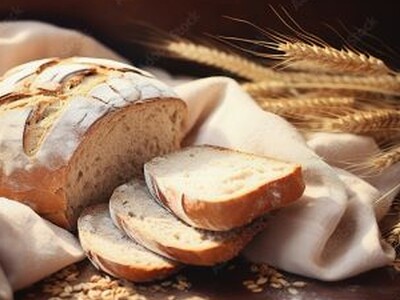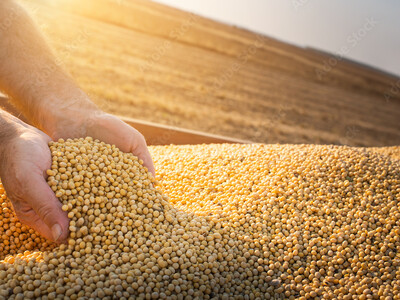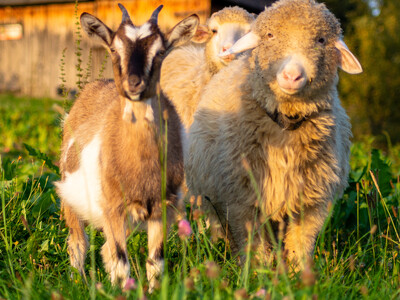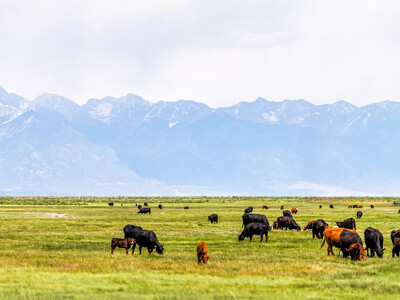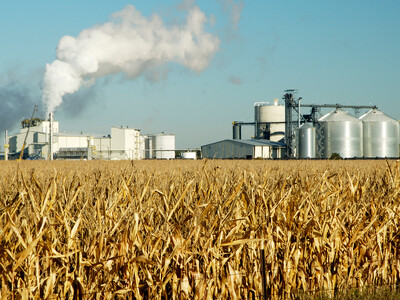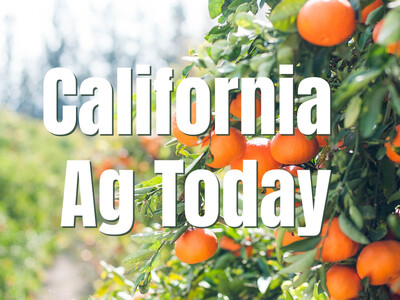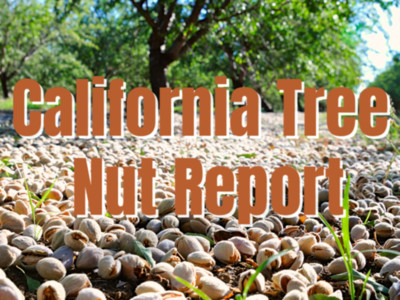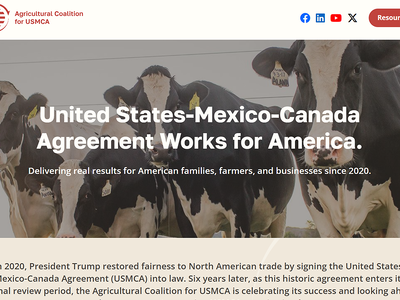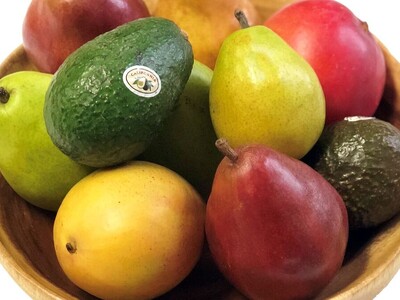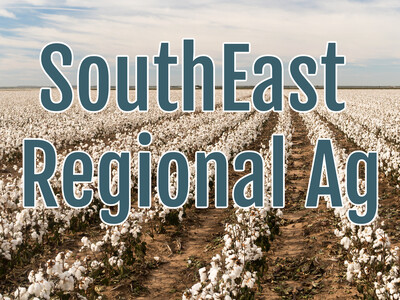Cuba In the Political Sights
Cuba In the Political Sights. I’m Greg Martin with today’s Line On Agriculture.
Future U.S.-Cuba trade liberalization is largely up to Cuba - whether Barack Obama or Mitt Romney is in the White House next year. Cuba has relaxed travel restrictions on its citizens and has also made economic reforms. But it still holds numerous political prisoners - including ailing U.S. government contractor Alan Gross - whose case sidelined a Cuba trade and travel bill in 2010 despite House Ag Committee approval. President Obama last month told U.S. Hispanic media a new relationship depends on Cuban human rights reforms - while he has tried to signal flexibility.
OBAMA: I changed the remittance laws so that family members could more easily send money back to Cuba because that would give them more power and create an economic space for them to prosper. Within Cuba we have changed the family travel laws so that they can travel more frequently.
Former Governor Mitt Romney criticized Obama’s approach at the U.S.-Cuba Democracy PAC in Miami, Florida earlier this year.
ROMNEY: By helping Castro he is not helping the people of Cuba, he is hurting them. He is not putting forward a policy of freedom, he is accommodating and encouraging a policy of repression.
Romney vowed a return to strict embargo terms if elected - saying we will not give Castro any gifts. U.S. agriculture has long argued food should never be used as a political weapon. Corn Refiners Association President Audrae Erickson - who helped lead trade reform efforts a decade ago - would not discuss the candidates - but argues Cuba has to do its part.
ERICKSON: It’s long been agricultures hope that stronger economic times will bring about greater changes leading toward democracy. That’s true with Cuba too but there has to be give and take on both sides. Clearly Cuba has to do its part to embrace reform at the same time that we continue to push for more trade with that island nation.
Erickson says Cuba - despite its small size - represents an opportunity - one worth a few hundred-million a year in U.S. ag sales. That’s even with continued restrictions on ag trade. But she argues that could be more if two-way travel was allowed and tourists to Cuba bought more U.S. produced food.
That’s today’s Line On Agriculture. I’m Greg Martin on the Ag Information Network.




